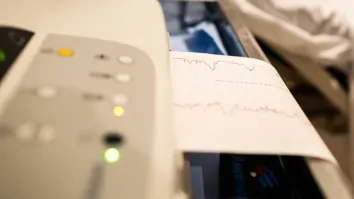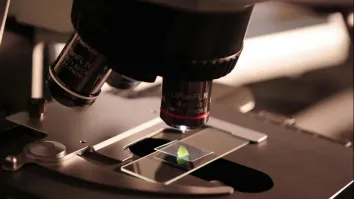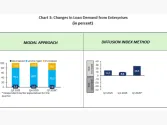
Nearly half of Asia Pacific consumers to use telemedicine within five years
Seven in 10 consumers prefer a single touchpoint for managing their healthcare.
Nearly half or 46% of consumers in Asia Pacific expect to use telemedicine in the next five years, according to a survey by Bain & Company. This would represent a 109% rise over those who are already using it.
Broadly, roughly 50% of consumers and physicians would adopt digital delivery models like telemedicine and remote care in the next five years. Nearly seven in 10 consumers also stated that they would prefer a single touchpoint for managing their healthcare.
Meanwhile, nearly half of physicians worried that it will be harder to deliver high-quality care in the future, due to factors like shortfalls in funding and resources, rising costs, changing patient expectations, perceptions of trust and the cost barriers to adopting new technology.
With this, Bain & Company recommended stakeholders to provide support to physicians with new technologies. “Physicians are cognizant of the growing chasm between consumer needs and their ability to deliver. They fully expect to increase their use of AI and machine learning in the next five years to bridge the gap,” it said.
It also recommended shifting non-emergency services to outpatient settings or alternative delivery models to relieve the burden on overextended hospitals, noting that over four in five physicians believe that some of these services could be offered outside hospitals.



















 Advertise
Advertise






